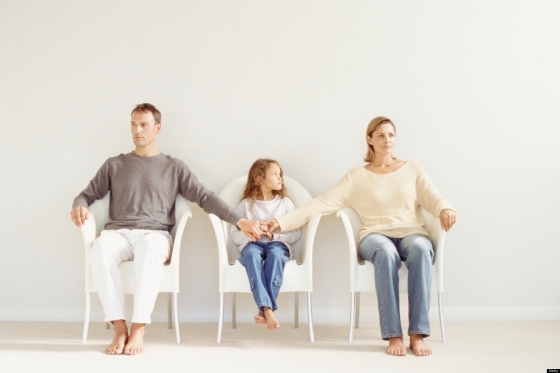Talking With Your Child About Divorce
Going through a divorce can be stressful on its own. Helping your children deal with your divorce will be even more exhausting.
However, you shouldn’t assume your kid can’t understand what’s going on. Instead, make sure you sit down with them and explain in an appropriate level of detail what’s going on, otherwise, your child could have struggles later on.
Avoid the Blame-Game
In some cases, spouses will blame each other for the split-up. Don’t be one of them!
Tactfully, emphasize it was by mutual agreement, especially if you want your kid to respect you and their other parent.
Remember, when you point a finger you have three pointing back at you. Blaming the other parent will only create a future source of unnecessary conflicts.
Tell the Truth
Be sure to honestly speak with your kid about the divorce as they have the right to know the truth. Again, making sure you don’t try to make the other parent seem like the bad guy.
After all, you are still going to be their parents. You need to provide good examples, even if you decided on a divorce.
Bear in mind to be open and only tell the truth. Your kid might not like it at the moment, but, in the long run, they’ll respect you for it.
Approach Emotions
Dads have a harder time talking to kids about emotions as usually moms tend to do that. Nevertheless, you will have to have a serious talk in order to clarify what is happening and how you can help your child stay calm and emotionally stable.
Keep in mind, having bottled-up emotions will only cause your kid to go through a traumatic experience. On the other hand, give your child some space and time to be able to digest what is currently transpiring and to be able to cope with it.
Discuss Visitation Schedules
Talk about the visitation schedule and what it means for your kids because it will determine how much time they can spend with the other parent not having custody.
Even more so, explain in detail although you or their other parent cannot be there the whole time, it doesn’t mean they are not loved.
The majority of states have specific criteria for determining the visitation schedule, but, will take into account what is in the best interest of the child.
Be There for Them
Your children will not be able to express themselves unless you make it clear you’re willing to talk about it.
Encourage them to be honest and to listen to them as it will help them deal with the situation and understand what will happen next. Be wary, they might be angry or moody in the beginning, which will be a normal flow of events.
Patience Will Be Your Best Friend
Your kid might be able to understand the reason behind the divorce, but it doesn’t mean they’ll be able to accept it from the start. Give yourself and your children time to fully grasp the weight of the decision, especially if they’re younger.
Reassure your kids as many times as necessary they will still be loved by both of you, no matter what.
Expect to run into difficulties not only with your children as your divorce is finalized as it’s inevitable.
On the other hand, if you manage to keep an honest and open communication with both your kids and the other parent, nobody will have to suffer.
Pay attention to signs of stress to be able to step in and deal with the issues.






